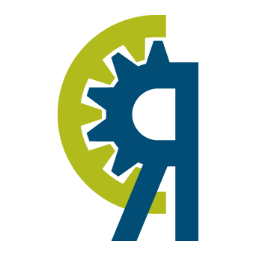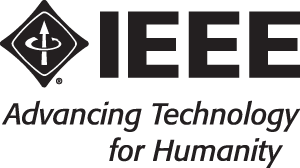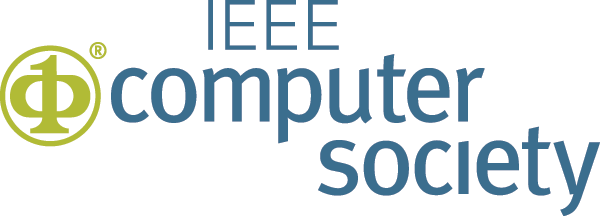as well as the results of specific studies. The workshop welcomes both original
and replicated studies, varying from controlled experiments to field studies,
from quantitative to qualitative. We solicit the following two types of
submissions: full research papers (max 6 pages) for oral presentations and abstracts (max 700 words) for poster presentations. Please check the website for more information. Accepted research papers will appear in the IEEE Computer Society Digital Library (CSDL). Note that IWESEP 2016 is organized independently of SANER 2016 official
workshops and held on a different day from the official workshops.
Special focus: Natural Language Processing and Game Theory
Since much of the data produced by software development is unstructured andcomplex, empirical software engineering research should evolve by integrating
the state-of-the art techniques and theories for analyzing such data. This year,
IWESEP has a special focus to encourage exploration of Natural Language
Processing and Game Theory techniques for empirical software engineering. We
encourage authors to consider these topics in their submissions, but we also
welcome traditional empirical software engineering studies.
Game Theory + Empirical Software Engineering:
Game theory is a fundamental mathematical model for understanding the behavior of self-interested agents andpotentially provides a theoretical framework to analyze/explain why and how a
specific phenomenon occurs in a software development community. Mechanism design,
as a reverse problem of game theory, is a theory for designing a social system,
e.g. software ecosystem, in which agents behave sincerely in spite of the
freedom of their actions. The purpose of this special focus is to open avenues
of collaboration between software engineering and game theory/mechanism design. Topics of interest include, but are not limited to:
- Game theory models of software development environments
- Utility estimation based on mining software repositories
- Equilibrium analysis (e.g., Nash equilibrium)
- Design/applications of incentive mechanisms
Natural Language Processing + Empirical Software Engineering:
Software ecosystems abound with natural language data. This data includes developerdiscussions, code comments, bug reports, and specifications. Natural Language
Processing (NLP) is a research area that specializes in processing in just this
variety of natural language data, and recent research has proven that the
techniques developed therein have the potential to contribute to the software
engineering field. For example, NLP has been used to make it easier to analyze
developer interactions, automatically generate comments for source code, and
provide natural language interfaces to search software repositories. In this
special focus session, we welcome papers on any interaction between NLP and
software engineering, from finished research results, to works-in-progress. Possible topics include, but are not limited to:
- Automatic software artifact summarization/comment generation
- Analysis of software-related Interactions
- Natural language search of software repositories
General call
In addition to the special focus of this year, traditional topicsof interest include:
- Empirical studies of software process and product
- Comparison of cost estimation techniques
- Analysis of the effects of design methods and characteristics
- Evaluation of the readability of coding styles
- Development, derivation and/or comparison of organizational models of software development
- Evaluation of testing methodologies
- Reports on the benefits derived from using software development environments
- Development of predictive models of defect rates and reliability from real data
- Infrastructure issues, such as measurement theory, experimental design, qualitative modeling and analysis approaches
- Experiences with research methods such as grounded theory, protocol studies or families of experiments
- Industrial experience in process improvement
- Quality measurement
- Process modeling and applications in industry
- Experience management
Important Dates
Full research paper- Abstract submission: Dec.
7th20th, 2015 (AOE) Extended! - Paper submission: Dec.
11th22th, 2015 (AOE) Extended! - Notification: January 10th, 2016
- Camera Ready: January 22nd, 2016
- Submission:
January 31thFebruary 12th, 2016 (AOE) Extended! - Notification: February
5th19th, 2016 Extended!







